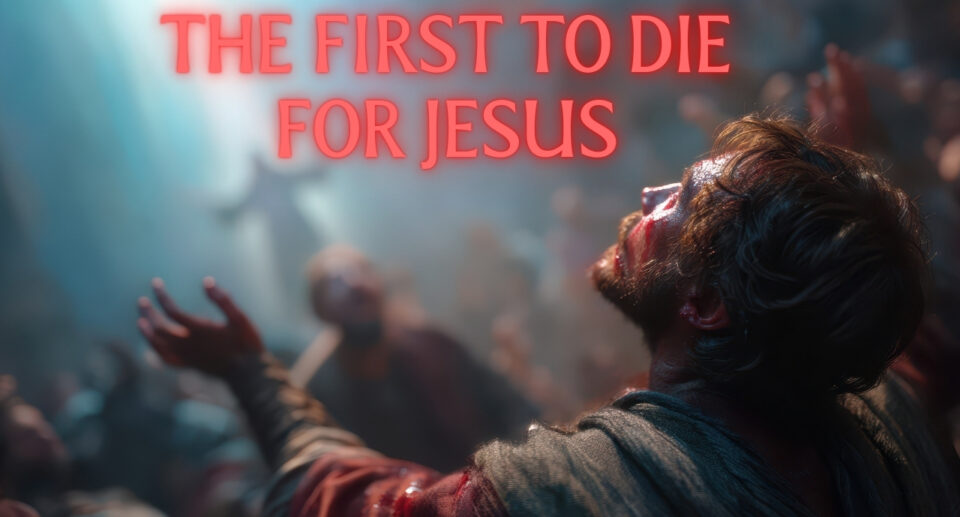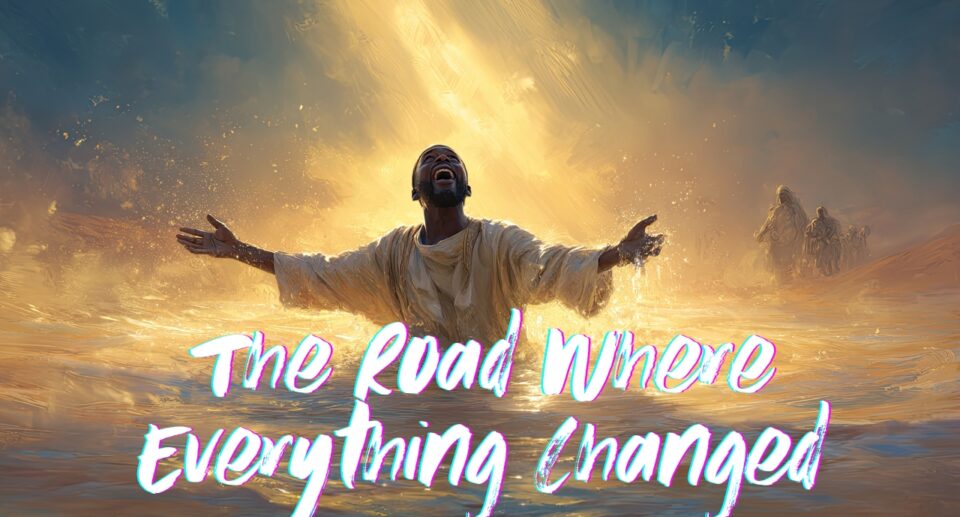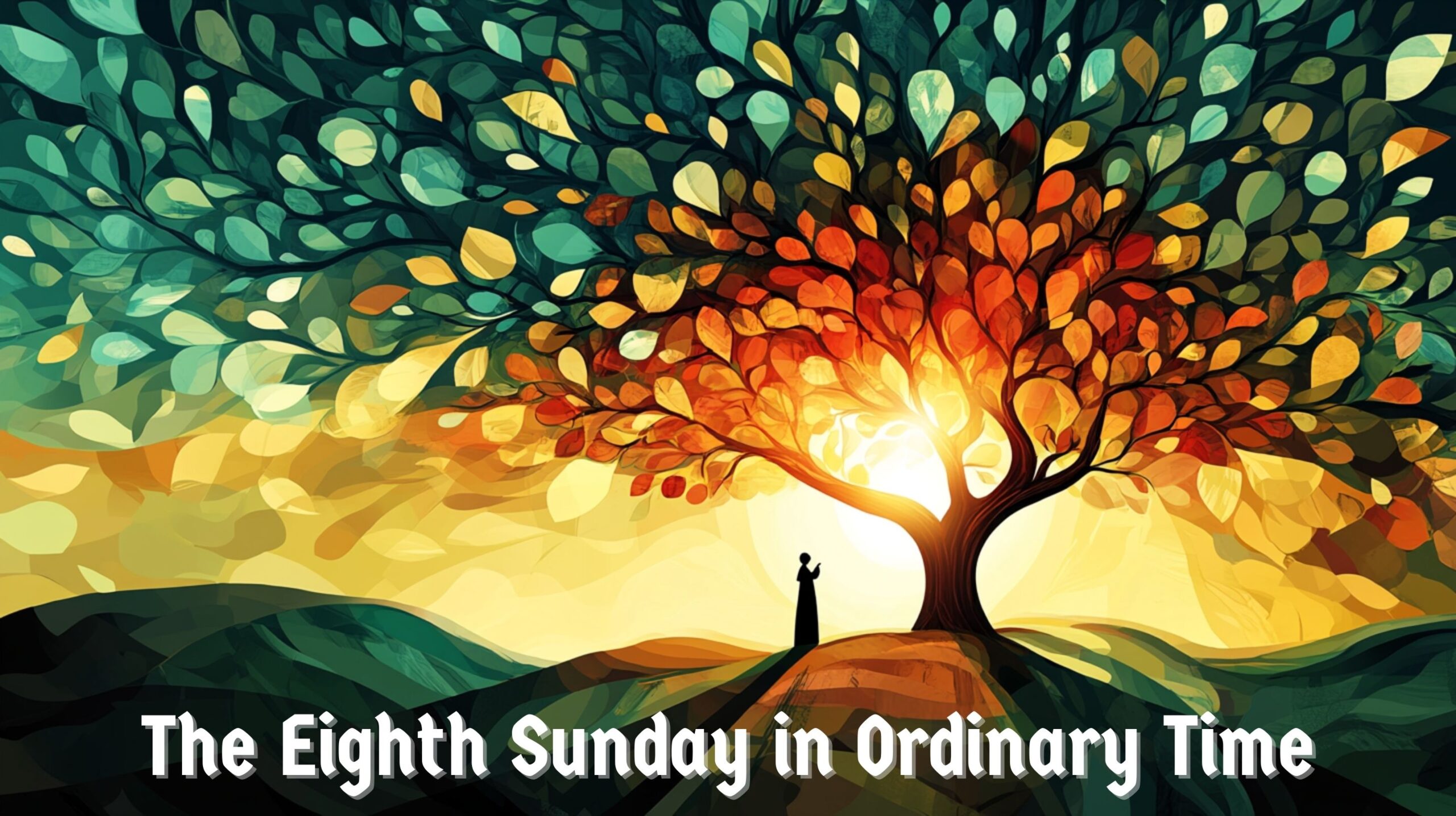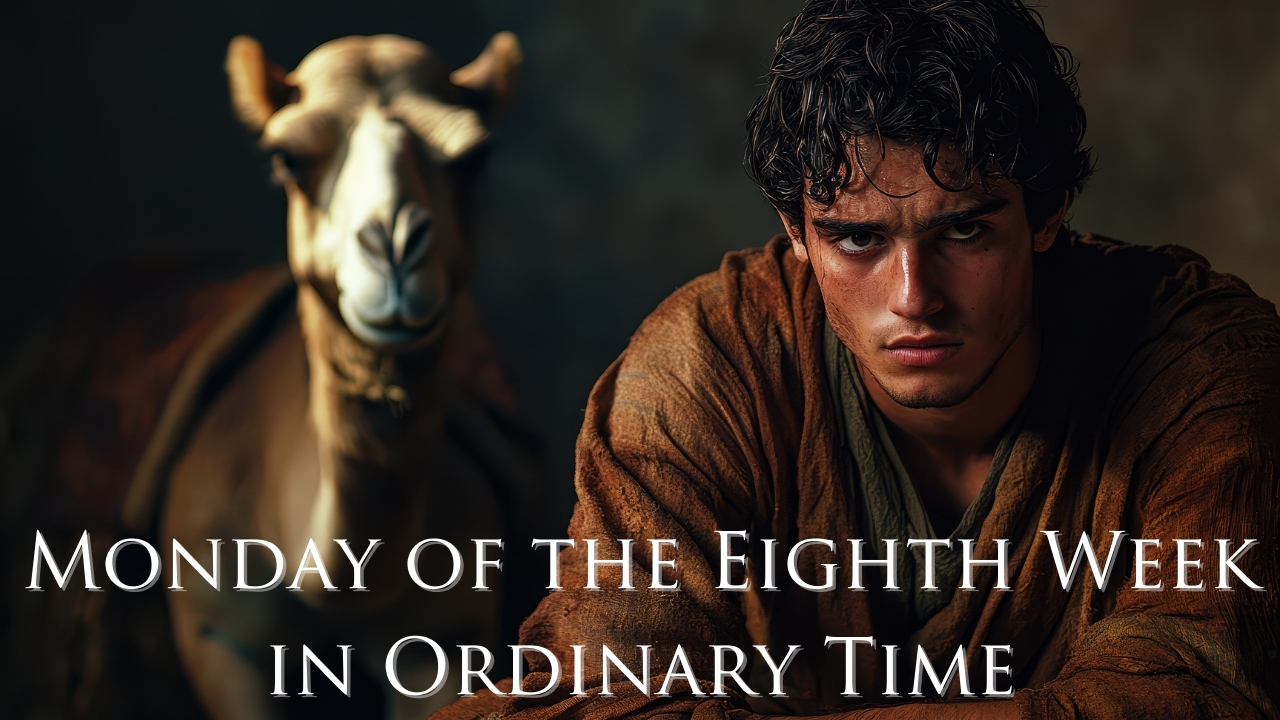When Persecution Plants Joy: Finding Life in Scattering | Daily Readings | May 7, 2025

May 7, 2025 – Daily Catholic Lectionary Readings for Wednesday of the Third Week of Easter.
Witness how persecution scatters the early church only to plant seeds of unprecedented growth. Discover why Philip’s crossing into Samaria brings great joy exactly when the Christian movement appears to be collapsing. Explore Jesus’ promise that nothing entrusted to him will be lost.
Today’s reflection reveals:
- How catastrophe becomes catalyst in the divine economy
- Why crossing boundaries creates unexpected celebration
- The pattern of scattering and gathering throughout scripture
- Where joy germinates in soil that appears most hostile
Readings covered: Acts 8:1b-8; Psalm 66:1-3a, 4-5, 6-7a; John 6:35-40
Perfect for anyone facing disruption, loss, or unexpected change; those wondering how difficulty might contain hidden opportunity; communities navigating transition; or anyone seeking to understand suffering within a larger divine purpose.
#CatholicDailyReadings #BibleStudy #PersecutionToJoy #DivinePurpose #ScatteringAndGathering
When Persecution Plants Joy
The church in Jerusalem shatters like glass. Persecution sweeps through the city, scattering believers in all directions. Saul, breathing murderous threats, drags men and women from their homes to prison. The apostles’ careful construction of community appears to collapse in a matter of days.
Yet something extraordinary happens.
Philip, one of the seven deacons chosen alongside Stephen, flees to Samaria—a region Jews typically avoided. There, he proclaims Christ to people long considered religious outsiders. And the text tells us that “there was great joy in that city.”
Great joy. In the wake of persecution.
This unexpected pairing of suffering and celebration lies at the heart of today’s readings. How does catastrophe become catalyst? How does scattering seed the next great gathering?
To understand this paradox, we must recognize the historical significance of Philip’s Samaritan ministry. For centuries, Jews and Samaritans maintained religious hostility, each claiming authentic worship while rejecting the other. When Jesus told the parable of the Good Samaritan or spoke with the Samaritan woman at the well, he was crossing boundaries his listeners considered sacred.
Now, forced out of Jerusalem by violence, Philip crosses that same boundary—not as a reluctant refugee but as a confident messenger. The very persecution meant to extinguish the gospel becomes the wind that spreads its seeds beyond previous borders.
This pattern appears throughout scripture: what humans intend for destruction, God repurposes for expansion. Joseph tells his brothers who sold him into slavery, “You intended to harm me, but God intended it for good to accomplish what is now being done, the saving of many lives.”
Our psalm captures this perspective: “Come and see the works of God, awesome in deeds toward the children of Adam. He changed the sea into dry land; through the river they passed on foot.” The psalmist recalls the Red Sea crossing, where what appeared to be a catastrophic dead end—trapped between Egyptian army and impassable waters—became the setting for unprecedented deliverance.
In John’s gospel, Jesus deepens this promise of divine purpose prevailing through apparent defeat: “Everything that the Father gives me will come to me, and I will not reject anyone who comes to me… This is the will of the one who sent me, that I should not lose anything of what he gave me, but that I should raise it on the last day.”
Nothing lost. Everything raised. Even persecution’s scattering becomes gathering in the larger divine narrative.
Philip’s ministry in Samaria occurred in a city likely rebuilt by Herod and named to honor Augustus Caesar. Here, in a space symbolizing Roman imperial power, Philip proclaims a different kingdom. The gospel enters the very spaces designed to glorify human empire and transforms them into sites of divine celebration.
Similarly, Jesus’ discourse about the Bread of Life occurs near Capernaum, a fishing village where ordinary people struggled daily for sustenance. His declaration, “I am the bread of life; whoever comes to me will never hunger,” speaks directly to people intimately familiar with both physical hunger and the labor required to satisfy it.
The connections between our readings reveal a pattern of divine work: what scatters becomes what gathers; what excludes becomes what embraces; what appears terminal becomes what generates. Philip’s ministry in Samaria, the psalmist’s remembrance of the Red Sea crossing, and Jesus’ promise to lose nothing all testify to the same reality—God’s redemptive purpose prevails through, not despite, human resistance.
This pattern challenges how we interpret disruption in our own lives and communities. When plans collapse, relationships fracture, or security disappears, we naturally experience these as losses to be mourned. Today’s readings don’t dismiss that grief but place it within a larger frame: divine purpose often advances through precisely these painful scatterings.
Consider how our most significant personal growth often emerges from periods of greatest disorientation. The career setback that forces us to discover new capacities. The relationship ending that creates space for deeper connections. The health crisis that reorders our priorities. The failure that teaches us more than success ever could.
Early Christians called this perspective “paschal”—seeing all life through the pattern of Christ’s death and resurrection. Nothing is wasted. Nothing is merely destroyed. Everything can become seed for new growth. Philip doesn’t just adapt to persecution; he transforms it into unprecedented opportunity.
Jesus promises, “I will not reject anyone who comes to me.” This creates foundation for the inclusive community that emerges from persecution’s exclusion. “I should not lose anything of what he gave me,” he continues—establishing security precisely when all human securities have failed.
Where is persecution scattering seeds in your own life? What joy might be germinating even now in soil that appears hostile? These readings invite us to look again at what appears only as ending and ask: What beginning might God be cultivating here?






